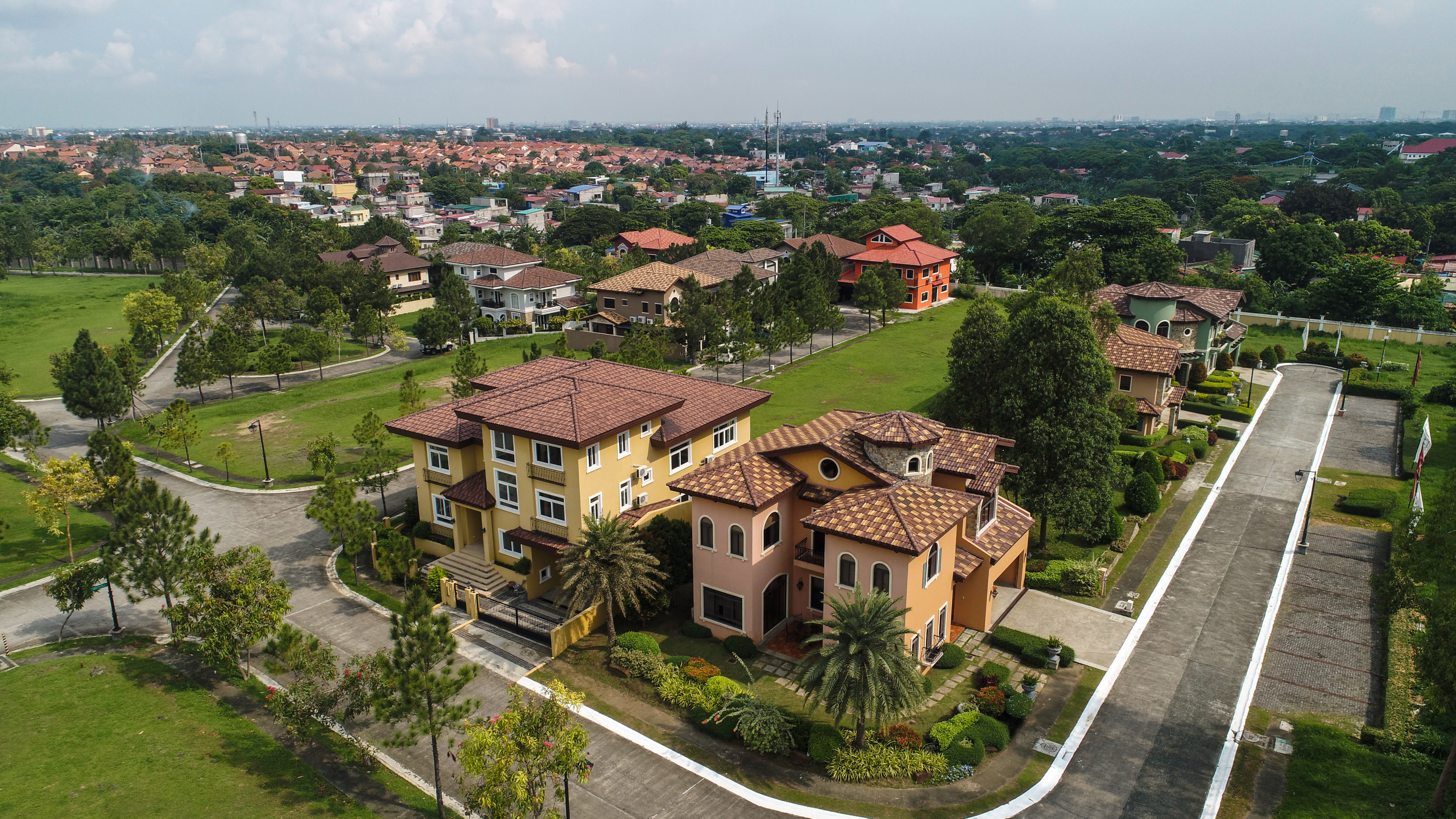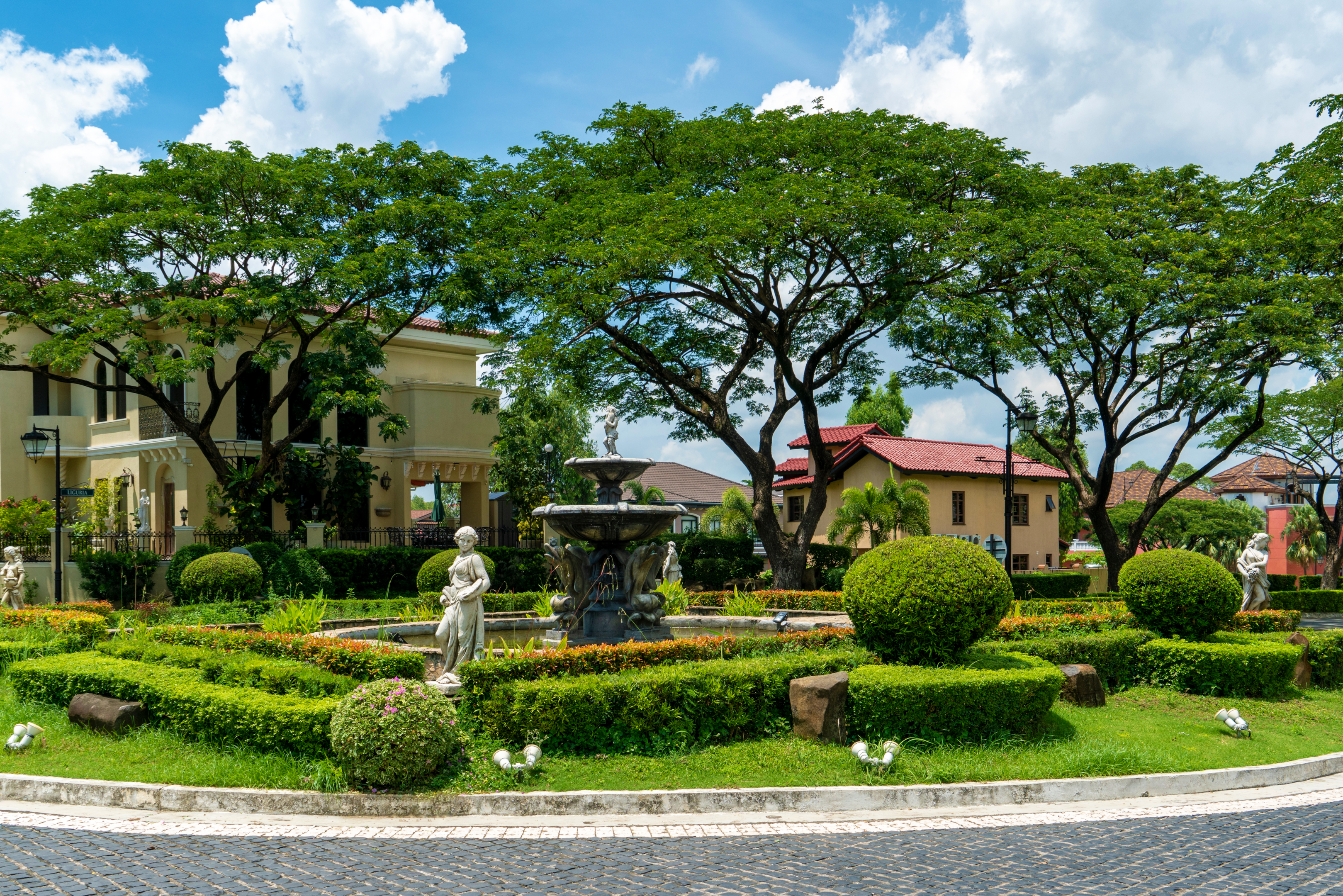BLOGS
What is Offshore Real Estate and Why Do People Invest in It?
Making an offshore investment is often frowned upon when people see news about it in the media—it is because many people only hear about it when there is a tax evasion case or some investor doing illegal business with a sketchy company from a mysterious island. Indeed, there are many cases like this involved with offshore investments, but there are more transactions that are certainly lawful and legitimate.

Offshore investing, in itself, is legal. In truth, a diverse range of investment options is available to overseas investors through reputable offshore corporations. Offshore investing, including the real estate market, refers to various investment strategies that take advantage of the benefits offered to investors who make property purchases outside their home country. These benefits may include tax advantages, asset protection, and investor confidentiality. However, due to its shady reputation, offshore investing also comes with a few disadvantages such as high fees for offshore accounts and a growing amount of regulatory scrutiny worldwide.
An Introduction to Offshore Real Estate
Investing in the real estate market, whether locally or offshore, is known to be one of the most profitable investment opportunities available. Many millionaires—billionaires, even—all over the world recommend investing in real estate to build wealth. However, real estate can also be unpredictable and it can lead careless investors to bankruptcy with just a few bad moves.
Making an offshore real estate investment is simply purchasing a real estate property in a country or region where the investor is not a resident of. Again, such transactions are legal as long as the income or gains are being reported and taxed accordingly in the investor’s country or region of residence.
Purchasing an offshore property can sound enticing, especially for experienced real estate investors. The returns on an offshore property consist of a combination of income and capital growth in addition to the perks that come with it. An investor can acquire these returns by purchasing an offshore property. Although, offshore real estate investments involve a complex process that differs with every transaction—a detail that investors need to be wary about.
For an aspiring offshore investor, there are a bunch of items needed to be pre-planned. Some of the important ones include:
– Cash Flow
– Capital Appreciation
– Tax Advantages
– Equity Implications

Why Invest in Offshore Real Estate?
There are many possible scenarios why people invest in offshore property. As previously mentioned, there are many benefits that come with owning an offshore investment—whatever the investment may be.

Here are some of the scenarios why people invest in offshore real estate investments:
Planning to live abroad during retirement years.
Many foreigners have a dream retirement lifestyle. Some opt to live in another country and spend their latter years in a new place of residence or a vacation home. This is one of the simplest reason why there are people who are purchasing real estate in offshore countries.
Getting paid in foreign currency.
Local currency sometimes experience big dips that people who are living or working abroad certainly want to avoid. This is another scenario why people invest in offshore properties.
Ease of managing finances overseas.
For people who are living abroad, supporting family members in another country involves several financial commitments that are difficult to manage while living far away. Investing in an offshore property in the place of the family’s permanent residence can help ease the burden from this concern.
Better financial regulation.
Admittedly, there are countries that have poorer financial regulations than the others. This drives investors to look for better places to invest in with better regulations that will suit their preferences.
Re-investing growth.
Many offshore investment accounts offer tax advantages that can be maximized by improving the rates of return. To do this, investors simply re-invest their growth. If the offshore company has a good tax status, the investments may indirectly benefit as the company passes on its savings.
What are the benefits of investing in offshore real estate?

Tax Advantages
Foreign investors usually receive tax incentives in many countries, also known as tax havens. This benefit is being offered to continuously attract more foreign wealth into the offshore country and eventually create a healthy environment for investments. In doing so, small countries with limited resources can dramatically increase their economic activity.
How does this work? Generally, a corporation formed by foreign investors acts as a shield from the high tax fees that would be mandated from the investors in their country of residence, Since the said corporation does not carry out any local operations, there is little to no tax imposed which enables many foreign companies to enjoy tax exemptions. This is why many investors make investments through foreign corporations—because of this particular benefit—compared to making an investment as an individual.
Diversified Investment Portfolio
Basically, offshore accounts offer more flexibility which gives investors limitless access to various international markets and major exchanges. Therefore, offshore investments help in building a more diversified portfolio for investors as there are countries that impose financial regulations that limit the available opportunities for local investors.
Also, there are developing nations that offer great opportunities to foreign investors. In the Philippines, there are many foreign investors, especially in the Business Process Outsourcing (BPO) industry which is one of the top sectors that contribute to the country’s economic activity.
Asset Protection
Reorganization of asset ownership can also be done through offshore centers. Individual ownership of one’s wealth can be transferred using offshore foundations, trusts, or a corporation. Investors can elect to transfer their assets to an offshore entity from their personal estates which makes gives them immunity to domestic troubles such as lawsuits, creditors collecting on outstanding debts, or foreclosing lenders.
Confidentiality
Wanting confidentiality with their investments does not automatically mean that offshore investors are hiding something illegal. It is important to understand that, in the case of illegal activities such as money laundering or drug trafficking, offshore investments may allow disclosure of the investor’s identity.
The confidentiality that offshore accounts offer is a huge benefit for high-profile investors as it allows them to gather shares of a public company without having people targeting the same investment type. Aside from this, multi-millionaires generally do not like the public to know what they are investing in as it may impede their strategy.
Most offshore jurisdictions highly value investors’ confidentiality. In fact, if this has been breached—like divulging customers’ banking identities—there are serious consequences waiting for the offender. Also, offshore jurisdictions typically immune investors to the laws that may apply where the investor resides.
The downside of offshore investing
While there are plenty of benefits awaiting offshore investors, there are also several disadvantages that an investor should consider prior to making a huge investment, particularly in offshore real estate.

High Costs
Simply put, making an offshore investment is not cheap at all. Setting up one involves steep costs such as legal fees, corporate registration fees, etc. In some instances, investors are even required to own a residential property in the country in which they are planning to make an offshore investment just to be able to set it up.
For high-profile investors, offshore investments even require a minimum of $100,000 to $1 million to qualify. Also, offshore companies that facilitate such investments are also aware of its high demand and their target market so it is expected that the fees will be expensive as well.
Growing Regulatory Scrutiny
In recent years, there has been controversy regarding the tax revenue lost as a result of offshore investments. This pushed many countries to create more regulations that will restrict and eventually close these loopholes. This made offshore investments’ revenue become a focus of scrutiny from both regulators and tax laws.
Tips for Offshore Investors
Offshore investments, like investing in any other asset, require due diligence by doing enough research and preparations to avoid legal and financial repercussions moving forward. and choose a reputable investment firm. In any industry involving money, the threat of financial fraud follows. Staying on the safe side is preferable to making a risky and thoughtless investment and later regretting it.

Here’s a look at how to get ready for an offshore real estate investment:
Be compliant.
Check the internal revenue guidelines in the country of residence, especially the unauthorized transactions for investors. Sometimes, there is also an available list of disqualified persons to transact with.
Also, find out the reporting requirements for offshore assets.
Study the local offshore real estate investment laws.
In most countries, there are laws surrounding the purchase of a real estate for foreign investors. Make sure to study the policies and laws in place. Better yet, have a consultation with a local attorney to ensure that the transaction will be legal and legitimate.
Next Read: Philippine Real Estate Laws Guide
Choose the offshore country wisely.
It is not enough to choose the offshore country that offers the best tax incentive. It is wise to choose a country with a good economic, social, and political situation. It is also best to consider the property’s environment including the climate and ecological concerns, especially if the offshore property is intended for residence or as a vacation home.
Prepare for financial responsibilities right away.
Making an offshore investment will require establishing a bank account in the offshore country to pay mortgage payments and other fees that the purchase entails. It can be used to collect income if the property is rented out. Laws for this activity differ for every country so it is best to research the process ahead of time.
The process of real estate purchasing requires plenty of time. More so, if it is to buy real estate property abroad. Each country requires a complex process of documentation. Make sure that the investor can allot sufficient time, energy, and finances until the closing of the transaction.
Find a reliable real estate professional.
Even in local real estate investments, it is best to hire a well-connected professional who can help score the best deals in the best locations in the country. More so for offshore real estate, especially if there is a language barrier. Do due diligence in choosing an agent with a good record and top-notch credentials. If possible, it is also a good idea to consult with an investment advisor to receive multiple perspectives in making an international investment.

If the primary purpose of making the real estate investment is for asset protection, hiring an attorney will be the best route to help with managing legal documents. Of course, this move will come with a significant amount. There are times, the benefits of investing in offshore real estate are counterbalanced by the professional and commission fees, and travel expenses so include these in the considerations.
Invest in a Luxury Condo in the Philippines
In the Philippines, foreigners can legally own condo units as long as 60% of the entire condominium building is owned by Filipinos. As for a single-detached house, foreigners can consider a long-term lease agreement with a Filipino landowner.
One of the best luxury condo units available in the Philippines is in Brittany Corporation‘s Crosswinds Tagaytay. Brittany’s Swiss-themed community is best for foreigners who want to experience the comfort and tranquility of the suburban lifestyle while nestled in the world-class neighborhood master-planned for its affluent residents.
Crosswinds Tagaytay is located in one of the country’s top vacation spots which provide the everyday luxury living experience, being surrounded by breathtaking scenic views of nature in Tagaytay. The luxury-themed community is also complete with amenities and features that are always accessible to homeowners.

Find out more details about Brittany Corporation’s luxury real estate developments! Go to Brittany’s website or follow their social media pages for the latest updates on their extensive portfolio of luxury condo, luxury house and lot for sale, and luxury lots.
Next Read: Most Expensive Tuition Fees in the Philippines
Next Read: How Can You Make A Living Selling Real Estate




















